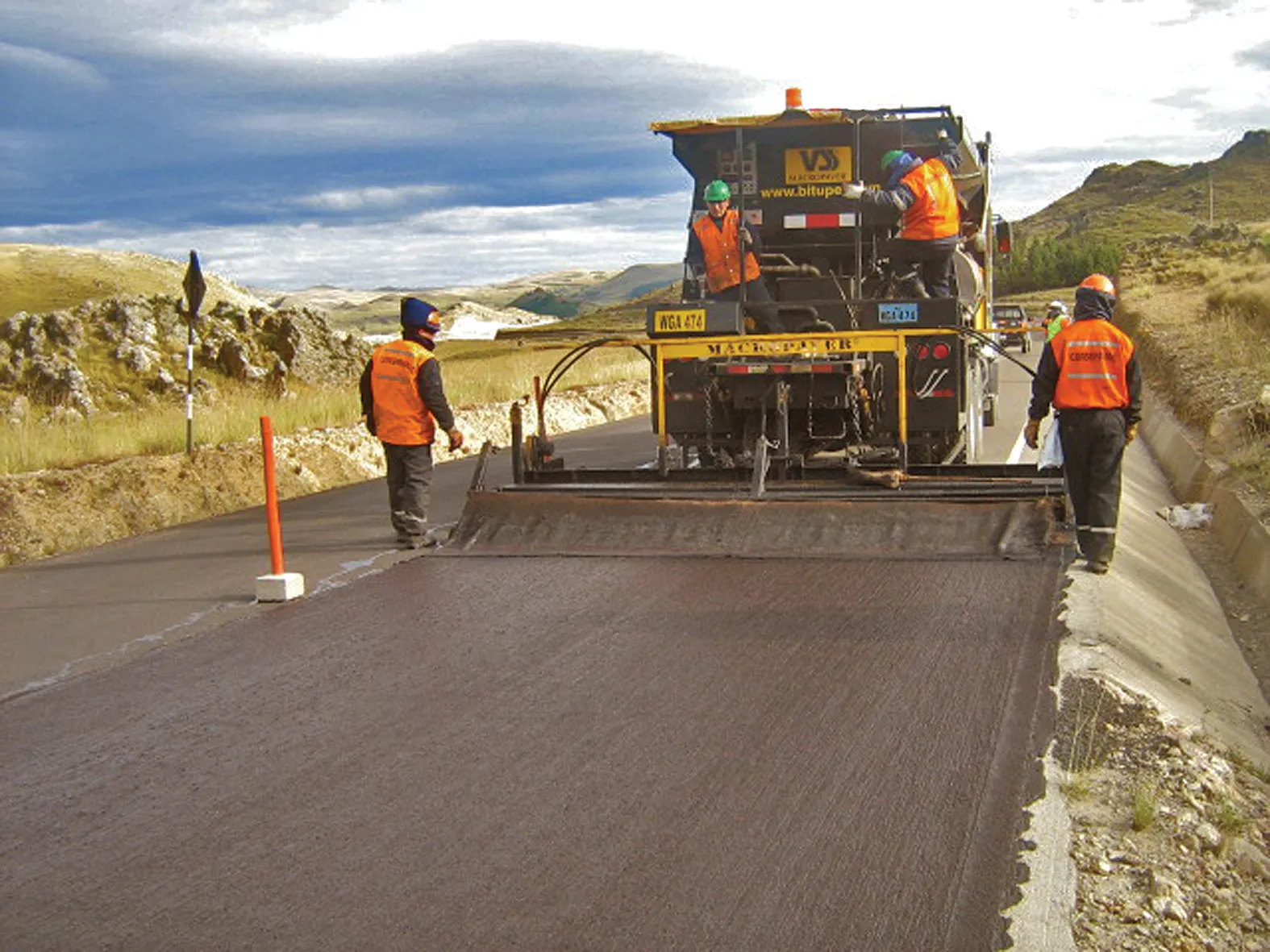Companies are being invited to consult with the Dutch government on systems for road pricing. Camiel Eurlings, the Dutch Minister of Public Works, Transport and Water Management, said that he would like market parties to play a leading role in this process, which involves developing, together with businesses, certification requirements which the future road pricing system must meet.
July 6, 2012
Read time: 2 mins

Companies are being invited to consult with the Dutch government on systems for road pricing.
Camiel Eurlings, the Dutch Minister of Public Works, Transport and Water Management, said that he would like market parties to play a leading role in this process, which involves developing, together with businesses, certification requirements which the future road pricing system must meet.
The government will also examine how the market can set up a solid business case for its implementation. The market can then develop the system on its own, based on the certification requirements. There will also be a ‘guarantee track’.
Tendering will now begin for this fallback scenario, after which the system can be tested on a large scale.
Vehicle owners will be able to choose the service provider from which they obtain road pricing services. Tendering has began for several critical areas. These areas concern the components which form the heart of the system, needed for large-scale practical tests of the road pricing system in 2010. Tendering will take place by means of a ‘competitive dialogue’.
The main characteristic of this type of European tender procedure is that parts of the system (and with it their respective requirements) will be discussed in a competitive dialogue with a number of selected participants
The government decided late last year to introduce road pricing. Motorists will be paying per all kilometres driven. The price will depend on when and where the kilometres are driven as well as the environmental characteristics of the vehicle. Road pricing will eventually replace the motor vehicle tax (MRB) and purchase tax (BPM). The government has chosen this approach because it is based on the principle of fairness: those who drive more kilometres and pollute more pay more; those who drive little and pollute less pay less.
Camiel Eurlings, the Dutch Minister of Public Works, Transport and Water Management, said that he would like market parties to play a leading role in this process, which involves developing, together with businesses, certification requirements which the future road pricing system must meet.
The government will also examine how the market can set up a solid business case for its implementation. The market can then develop the system on its own, based on the certification requirements. There will also be a ‘guarantee track’.
Tendering will now begin for this fallback scenario, after which the system can be tested on a large scale.
Vehicle owners will be able to choose the service provider from which they obtain road pricing services. Tendering has began for several critical areas. These areas concern the components which form the heart of the system, needed for large-scale practical tests of the road pricing system in 2010. Tendering will take place by means of a ‘competitive dialogue’.
The main characteristic of this type of European tender procedure is that parts of the system (and with it their respective requirements) will be discussed in a competitive dialogue with a number of selected participants
The government decided late last year to introduce road pricing. Motorists will be paying per all kilometres driven. The price will depend on when and where the kilometres are driven as well as the environmental characteristics of the vehicle. Road pricing will eventually replace the motor vehicle tax (MRB) and purchase tax (BPM). The government has chosen this approach because it is based on the principle of fairness: those who drive more kilometres and pollute more pay more; those who drive little and pollute less pay less.






